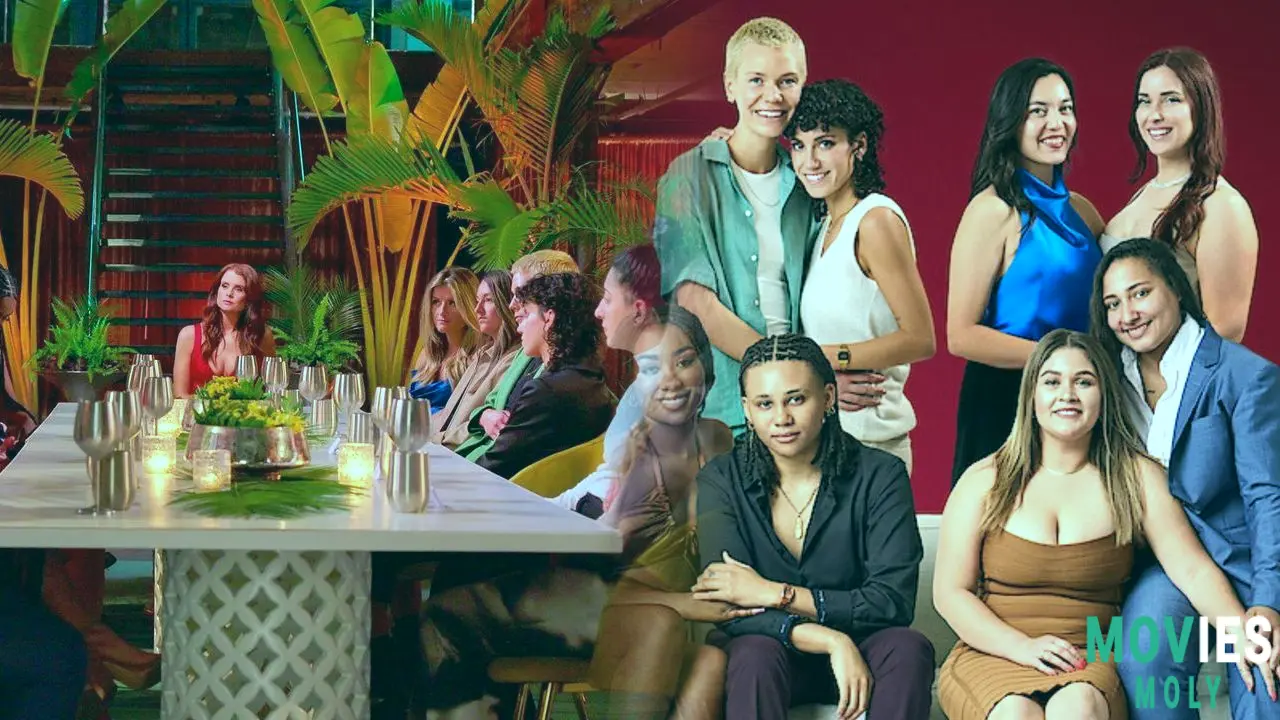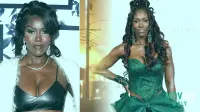The second season of Netflix's The Ultimatum: Queer Love promises to test relationships by making couples choose between getting married or moving on. I was ready for the drama and emotional stakes because I like reality TV. But what I discovered was that the show did reveal a lot of chaos, but it also made it clear that the main problems for many couples were much more complicated than just being afraid of commitment. The ultimatum itself seemed like a sign of something else, not the cause.
The idea is simple: one partner gives an ultimatum, and then the couple breaks up to date other people before getting into a "trial marriage" with someone fresh. This approach is meant to make things clearer, but for me, it often brought up deep-seated internal problems and outside pressures that marriage alone couldn't fix. It made me think that some of these couples might need therapy more than a trial spouse.
The Ultimatum Shows Deeper Problems in the RelationshipIt's Not Just About Getting Married
There were a number of times when the show's dramatic structure revealed problems that went beyond just being afraid to get married. For example, look at Magan and Dayna. Dayna wanted to be married because she wanted to feel safe. Magan, on the other hand, had a hard time with her family's unwillingness to embrace her queerness, which made commitment a far bigger problem than just being ready. Her nervous attachment style also played a part, making her feel unsafe in a way that no ultimatum could fix.
This was also shown in the narrative of Pilar and Haley. After ten years together, Haley desired a stronger commitment. Pilar's parents were quite clear about how they didn't like her gay identity and relationship, which made her feel more confused about marriage. It's hard to believe that a trial marriage with someone else could really fix such a big family problem. The way the show was set up seems to make these outside demands more obvious, rather than giving a way to deal with them directly in the original partnership.
When "Trial Marriages" Turn into Couples Who Are Friends
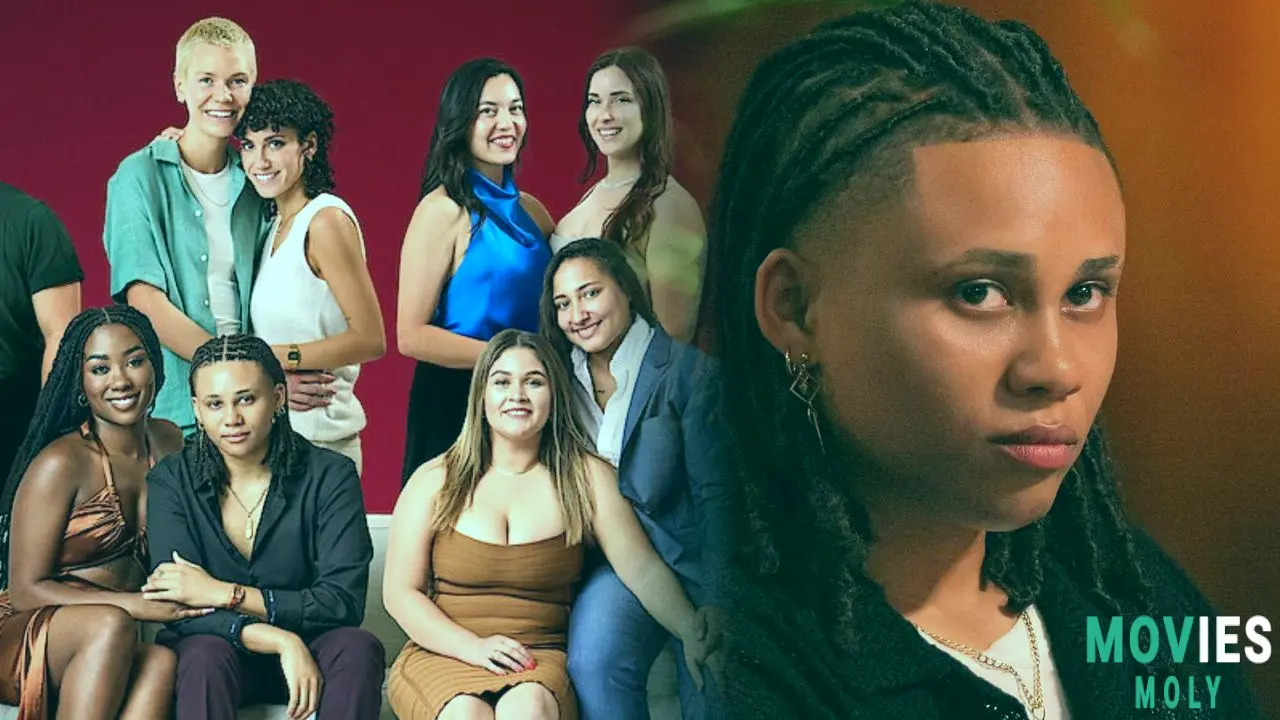
Some relationships seemed more like friends than lovers.
It was unexpected that some "trial marriages" in season 2 seemed to turn into more platonic, supporting relationships instead of intense love ones. Britney and Marita, for example, ended up in a trial marriage that felt more like a friendship than a marriage. They talked about problems they had in their first relationships, which made them feel better and understood. Ashley and Bridget also had a trial marriage that let them talk about things that had hurt them in the past. This was important for personal growth, but it occasionally made the main point of the show less clear.
This situation made me wonder if the "trial marriage" would work in some circumstances. A helpful friendship isn't entirely what you need if you want to find out if someone is "the one." It seemed like a missed chance for real love exploration, or maybe it demonstrated that some people were utilizing the experiment to learn more about themselves instead of finding a new mate. This isn't a negative thing, but it changes the focus of the show.
The show should have gone deeper into personal growth.
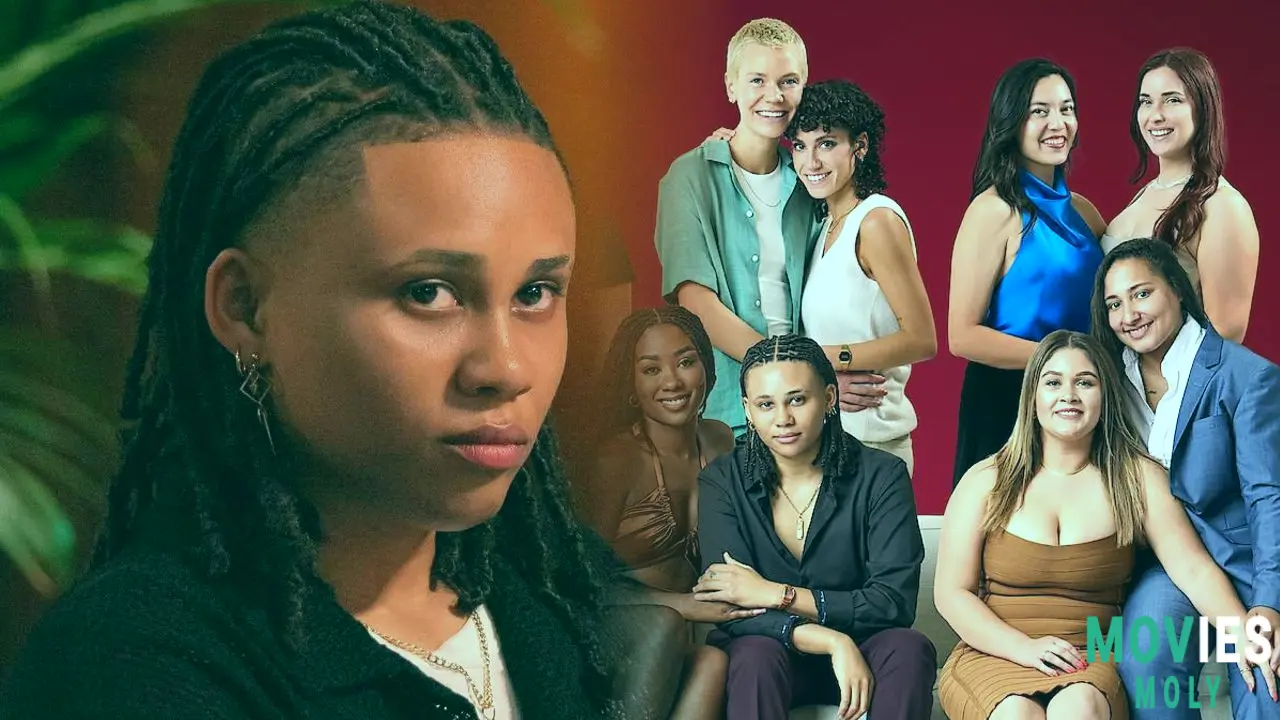
It would have been powerful to focus more on each person's journey.
I think The Ultimatum: Queer Love could have been more emotional if it had focused more on the particular journeys of the people involved. Mel's telling Dayna that she couldn't have kids because of health issues was a very personal moment. This kind of openness, which she shared with people outside of her main connection, highlighted how deep some people's problems were. Marie also dealt with her own trauma during the experiment.
These times were quite moving. They said that the people who took part were grappling with a lot more than just whether or not to get married. Instead of continuously focusing on the romantic drama, the show should have given these characters more time to deal with their problems. It would have made the stakes feel much higher and the results more meaningful, no matter who ended up with whom.
In the end, The Ultimatum: Queer Love season 2 was a fun show to watch, with all the drama and surprises that came with it. But it also reminded us that relationships are complicated and that the biggest problems aren't always saying "I do." Sometimes, they're about dealing with the deeper internal and outside variables that affect our capacity to commit. The show showed that for a lot of people, the actual problem was never merely getting married.
You may watch the first few episodes of The Ultimatum: Queer Love season 2 on Netflix.
Questions and Answers
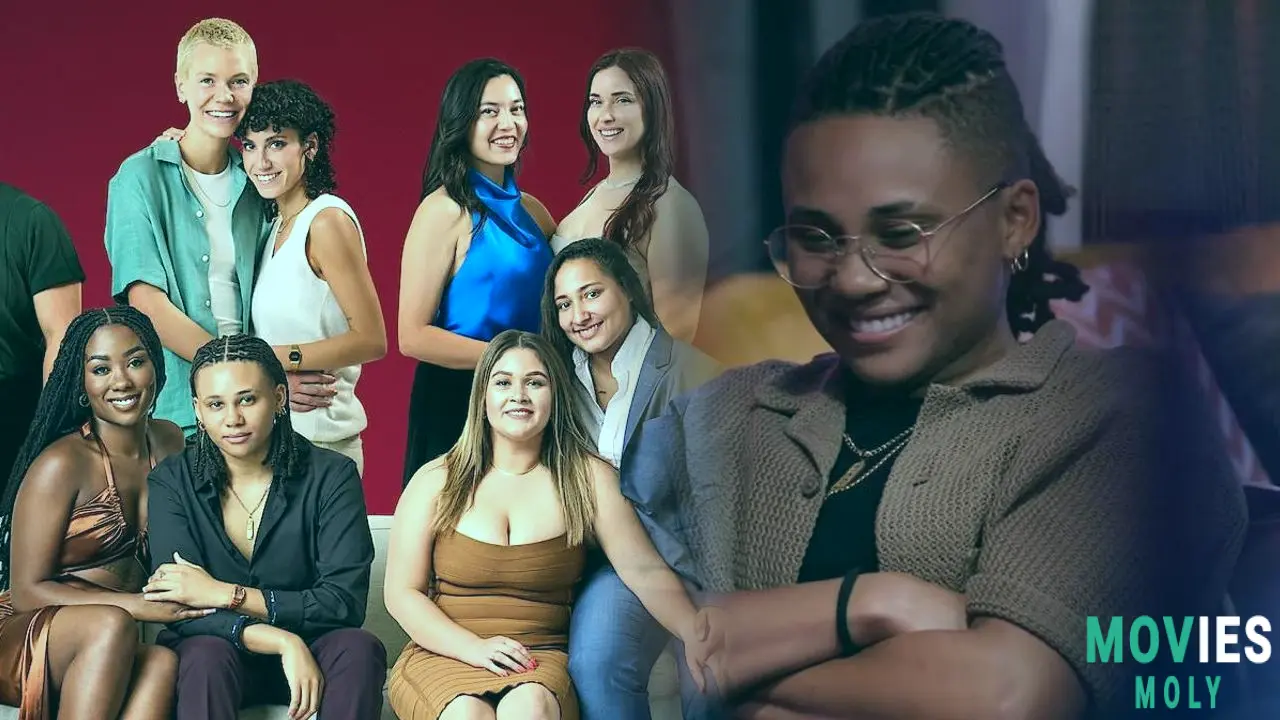
When did the second season of The Ultimatum: Queer Love come out?
Netflix put out the second season of The Ultimatum: Queer Love on June 25, 2025.
Who is in charge of The Ultimatum: Queer Love?
The Ultimatum: Queer Love is hosted by JoAnna Garcia Swisher.
What is the fundamental idea behind The Ultimatum: Queer Love?
One person in a couple gives the other an ultimatum to be married. Then they break up for a while and have trial marriages with other people before getting back together to make a final choice regarding their original relationship.
What couples were in Season 2 of The Ultimatum: Queer Love?
There were six couples: AJ and Britney, Haley and Pilar, Kyle and Bridget, Mel and Marie, Dayna and Magan, and Ashley and Marita.
Did any couples have problems that went beyond merely wanting to get married?
Yes, couples like Magan and Dayna had problems with their families accepting them, while Pilar and Haley had problems with their parents not like their gay identity. This shows that their problems were deeper than just commitment.

